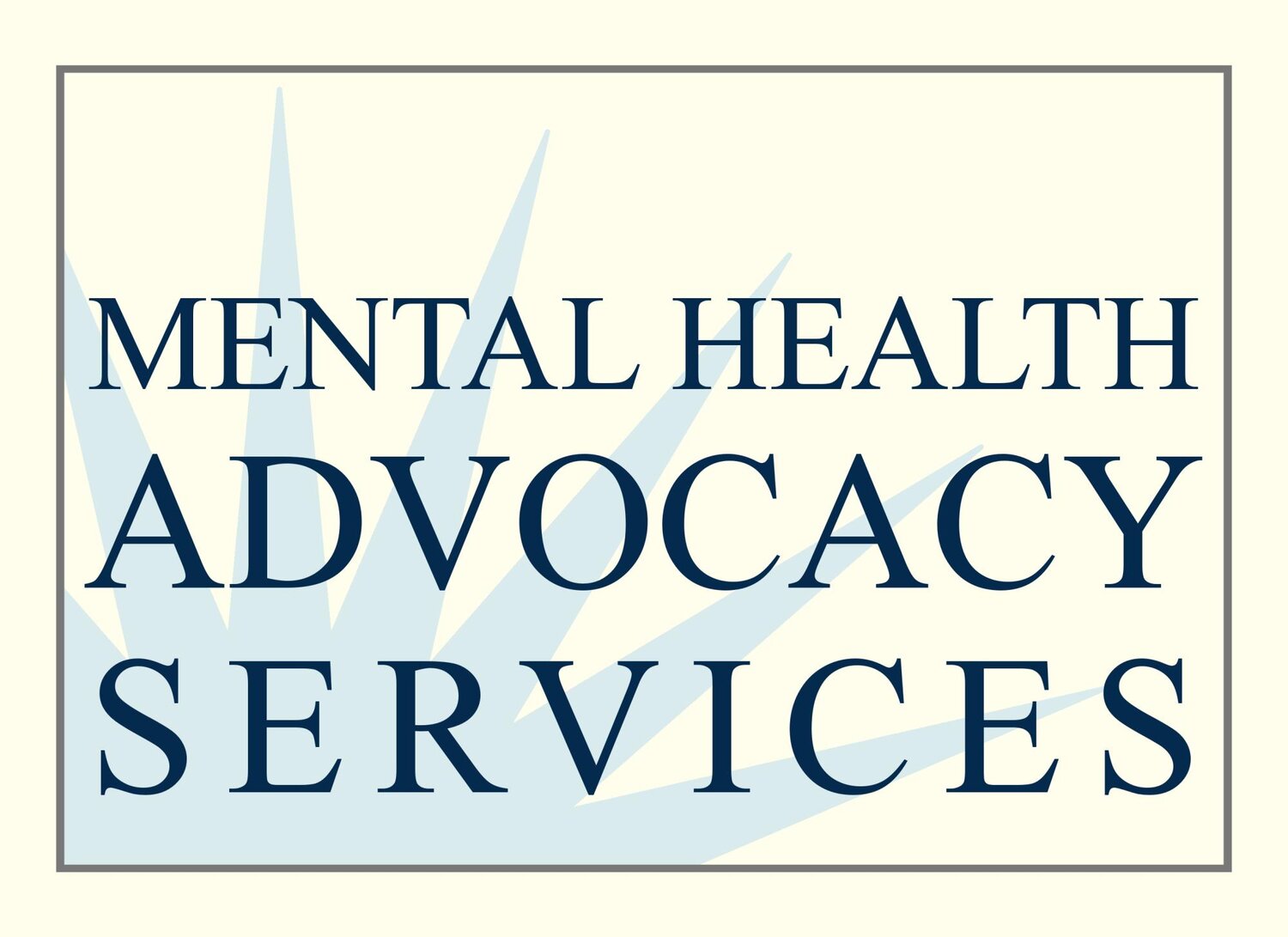
TRAFFIC TICKETS AND WARRANTS
You can receive a traffic ticket in Los Angeles County for an infraction or a misdemeanor. In addition, failure to pay the fine or appear at the scheduled court date can result in hundreds of dollars in fines and issuance of a bench warrant. This information sheet is a basic introduction to traffic tickets and warrants and strategies for how to respond to them. For more information, visit http://www.lasuperiorcourt.org/traffic/ui. You can receive information on your parking tickets by calling (213) 623-6533.
What kind of traffic offense do I have?
Infractions: Infractions are low-level violations of law, often related to traffic or walking violations. They are punishable by fines only, not jail time. Examples of infractions include excessive speed, expired registration, running a red light, and transit fare evasion. Some offenses, such as failure to appear in court, can be handled as infractions or misdemeanors, depending on what the court decides.
Misdemeanors: If your traffic ticket has a circled letter “M” next to the written violation, your ticket is for a misdemeanor. Misdemeanors are more serious because they are punishable by up to one year of jail time and/or a fine. Examples of misdemeanors include driving without a license or on a suspended license, reckless driving, and sometimes, driving under the influence. Failing to appear at a court date is also a misdemeanor and can result in a bench warrant, allowing law enforcement to arrest you and bring you before the court.
Check the Status: You can see what your offenses are and check the status of your traffic case by calling the courthouse named on your ticket, or by going to https://ww2.lasuperiorcourt.org/traffic/onlineservice/UI/searchOLN.aspx.
What should I do if I can’t pay the fine?
If you cannot afford to pay the fine, you should still go to the court on or before date listed on your ticket—the court’s address will be indicated on your ticket. If you do not pay your fine or go to court, you will face even higher fines and a possible bench warrant for your arrest. Your driver’s license can also be suspended.
Extensions, Traffic School, and Payment Plans: You can request an extension if you cannot pay the fine in 90 days. You can do this in court or online at https://ww2.lasuperiorcourt.org/traffic/onlineservice2/UI/userAgreement.aspx. You may also be able to avoid higher insurance rates by requesting traffic school. In court, you can ask the judge if you are eligible for traffic school, or you can request it online at http://www.lasuperiorcourt.org/traffic/ui/TrafficSchool.aspx. Finally, depending on the courthouse, the judge may allow you to pay the fine on a payment plan.
Community Service: In court, you can explain to the judge why you cannot pay and request community service instead. It can help to bring in documentary evidence that you are low-income, such as a letter from a government benefits agency. However, it is important to complete the community service; if you don’t, you may have to appear in traffic court again. If you finish the community service, take your proof of completed community service to the court’s traffic department.
Special Circumstances: In some circumstances, you may want to request that your fines should be dismissed entirely. For instance, if you failed to appear in court because you were in jail, in the hospital, or had another serious emergency, ask the judge to dismiss the charge for failure to appear. In addition, if you were homeless at the time of your offense and/or you are a veteran, you may want to request dismissal of your case “in the interest of justice.” If possible, bring evidence of your special circumstances to court with you to show the judge, such as a letter from a parole office or case manager. For more information, contact a legal advocate.
What if I missed my court date—that is, I didn’t pay my original ticket on time?
Your traffic ticket states that you must pay a fine by a certain deadline, and if you don’t, you must appear in court on a certain date. If you do not pay the fine or appear on your court date, the judge can order an additional fine for a “failure to appear” and even issue a bench warrant for your arrest, to authorize law enforcement to bring you into court.
How do I clear a bench warrant for failure to appear in court?
To clear a bench warrant, you must schedule your own court date and appear in court. In court, you must agree to pay the fine or do community service, or argue that special circumstances apply (see “Special Circumstances”). Schedule your court date in the courthouse or online at https://ww2.lasuperiorcourt.org/traffic/onlineservice/UI/userAgreement.aspx.
How much will I have to pay in fees and penalties?
Traffic tickets are costly. Depending on the offense, fees and penalties can turn a $50 fine into hundreds of dollars. Failure to appear in court can add a fee of $300 or more. A judge may offer a lower fine if you plead guilty or “no contest” rather than go to trial. You can find details on fees and penalties at http://www.lasuperiorcourt.org/traffic/pdf/trafficfeetable.pdf.
How many points do I have on my license, and what does it mean?
If you are cited for a moving violation, including out-of-state traffic tickets, it will result in one or more points on your license. You can also receive points on your license for being involved in traffic accidents.
Your license will be suspended for six months if you receive:
• Four points in one year
• Six points in two years
• Eight points in three years
To find out how many points you have, you can call the DMV at (800) 777-0133.
How do I remove points from my license?
You may be able to complete traffic school to remove a point from your license. However, you can only go to traffic school once every 18 months at most. An attorney may also be able to help you avoid having points put on your license.
What should I do if I can’t afford a lawyer?
If you are charged with a misdemeanor, the court will provide you with a lawyer if you cannot afford one. It may be helpful to bring in documentary evidence that you are low-income, such as a letter from a government benefits agency. If you are charged with an infraction, there is no right to a lawyer. Most people charged with infractions appear in court on their own. There are courtroom personnel who will explain the process to you when you arrive. In addition, courtroom translators are available for Spanish-speakers, and some courts also have translators available for other languages.
